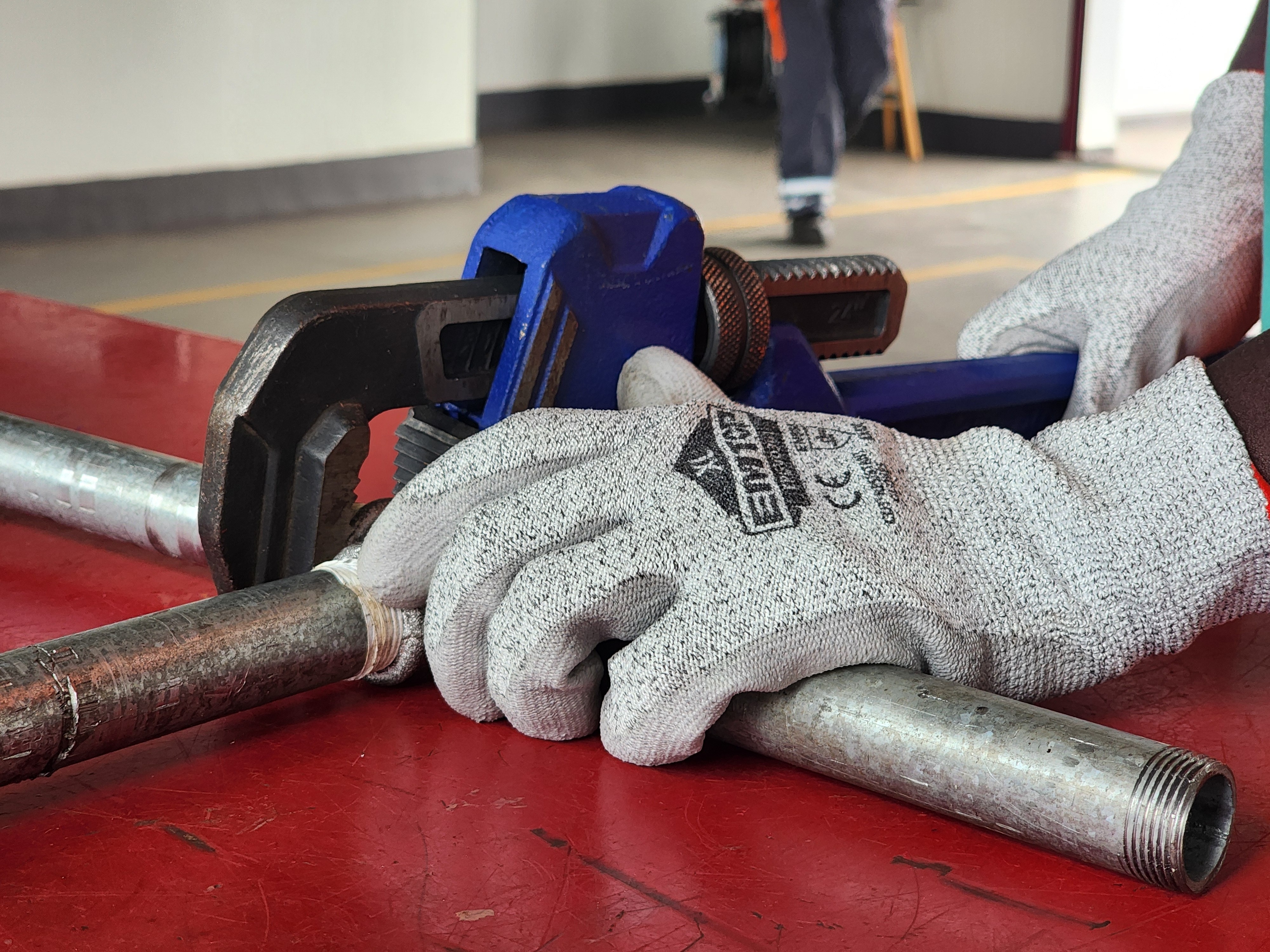The Hidden Language of Tools: What Your Hands Learn Before Your Brain Does
Why BIP’s workshops teach more than theory—and how your muscles might be smarter than you think.
For years, education has prioritized chalkboards, textbooks, and lectures. But for technical training, that approach only goes so far.
Because sometimes, the fastest way to learn… is with your hands.
🧠 The Science of “Learning by Doing”
Neuroscientists have long studied the connection between motor skills and cognitive understanding. It turns out, physical activity doesn’t just reflect learning—it accelerates it.
According to research published in Nature Reviews Neuroscience, engaging the sensorimotor system (the part of your brain responsible for movement and touch) enhances how we absorb and retain new information—especially in technical or spatial tasks.
In fact, using tools activates brain regions linked to memory, planning, and problem-solving, often faster than theoretical learning alone.
In plain terms: “Doing something” helps your brain understand “why it works.”
🔧 From Confusion to Clarity in the Workshop
At Busoga International Polytechnic (BIP), students don’t just learn about maintenance, fabrication, or welding on paper—they touch it, build it, fix it.
“I didn’t get it on paper, but once I started building it, it made sense,” says a mechanical student at BIP.
A formula in class might look like gibberish. But when you’re welding two metal pipes and adjusting angles manually, suddenly that geometry lesson clicks.
This process is called embodied cognition—where the act of doing reinforces the concept being learned. And in technical careers, it’s a superpower.
🛠️ The Workshop Is the Best Teacher
Every time a student measures a cut, turns a wrench, or tests a voltage, they’re not just solving a problem—they’re building muscle memory, fine-tuning decision-making, and learning to trust their own judgment.
- Misalign a joint? You’ll notice before you even measure it.
- Hear a strange sound in the motor? Your hands will feel the tension.
- Tools feel “off”? You’ve probably done it enough to know something’s wrong.
These are things that can’t be taught in theory alone. They’re absorbed through repetition, correction, and experience.
🚀 Why It Matters for Jobs
In real-world work environments—especially in oil & gas, mechanical maintenance, or fabrication—employers want candidates who can think and do. They need people who don’t freeze when something goes wrong, who can diagnose issues not just from a checklist, but from instinct developed through practice.
That’s what makes BIP’s OPITO-certified programs and technical training so effective. Students walk out not just with certificates, but with competence.
🧠👊 Your Hands Might Know Before Your Brain Does
So next time you’re grinding, welding, tightening, or testing, remember this:
You’re not just fixing a machine.
You’re training your mind.
One bolt, one wire, one mistake at a time.
🎓 Learn by Doing at BIP
At BIP, students spend more time in real workshops than on paper—and that’s what makes the difference when it’s time to get hired.
👉 Apply Now and join a training environment where your hands do the learning—so your brain can do the thinking.



